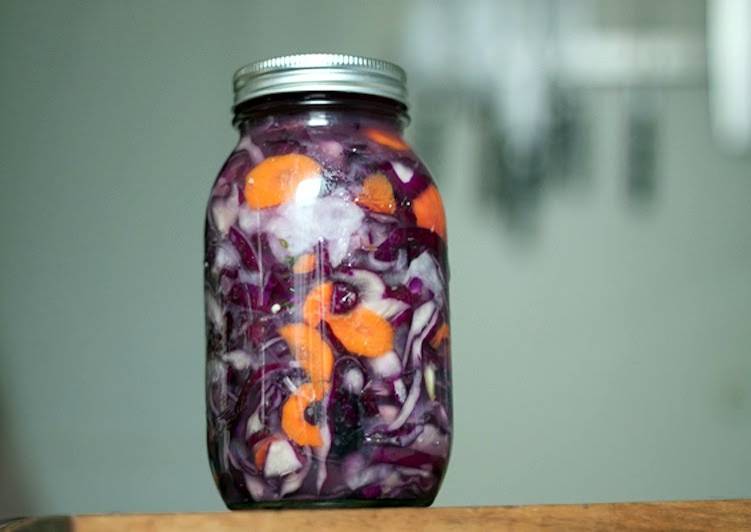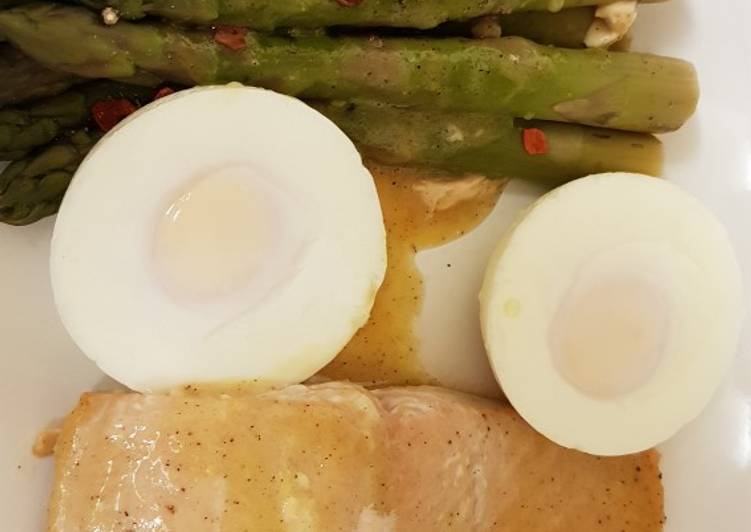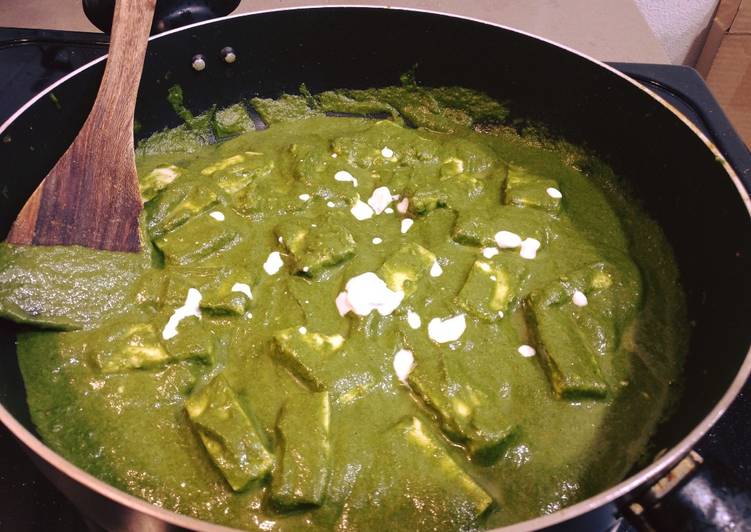
Hey everyone, it’s me, Dave, welcome to my recipe site. Today, I will show you a way to make a special dish, kimchi. One of my favorites. This time, I am going to make it a bit unique. This will be really delicious.
Traditional kimchi recipe (Tongbaechu-kimchi: 통배추김치). Смотреть позже. Поделиться. Although many people get a chill through their spine at the very mention of the Although the popularity of kimchi is still rising in the West, it is an ancient dish, dating about two. Kimchi, also spelled gimchi or kimchee, refers to a traditional Korean fermented dish made of seasoned vegetables.
Kimchi is one of the most favored of recent trending foods in the world. It’s simple, it’s quick, it tastes delicious. It’s appreciated by millions daily. They are nice and they look fantastic. Kimchi is something which I’ve loved my whole life.
To begin with this particular recipe, we must first prepare a few ingredients. You can cook kimchi using 7 ingredients and 19 steps. Here is how you cook it.
The ingredients needed to make Kimchi:
- Get 3 lb Red cabbage
- Take 3/4 lb Daikon radish
- Make ready 1/2 lb Yellow onion
- Make ready 5 to 10 cloves Garlic
- Get 1/2 lb Carrots
- Take 2 to 6 Thai Chilis
- Take 2 tbsp Kosher Salt or Sea Salt
Open the jar briefly to let out the. Press down on the kimchi until the brine (the liquid that comes Check the kimchi once a day, opening the jar and pressing down on the vegetables with a clean. See more ideas about Kimchi, Kimchi recipe, Maangchi. The Food Journal is over a year old now.
Instructions to make Kimchi:
- Start by slicing the red cabbage in half, then quarters, so it'll be easier to work with.
- Slice all of the cabbage into strips about 1/4" thick. Put the cabbage into a bowl and set it aside.
- Slice all the daikon radish into thin coins. We slice everything super thinly to create as much surface area as possible! This will make it easier for the salt to do its work. The thicker it is, the longer it'll take to ferment.
- Add the radish to the same bowl as the cabbage.
- Trim and peel all of the onion. Thinly slice the onion and add it to the bowl.
- Peel all of the carrot.
- Now slice the carrot into thin coins and add it to the bowl.
- Peel 5-10 cloves of garlic, depending on how strong you like it, and smash the cloves.
- Add the garlic to the other vegetables in the bowl.
- Mince 2-6 Thai chilis into a fine paste. You'll start by cutting them into small slices then going over it all again with your knife to mince it even more finely.
- Add the chili to the bowl.
- It's time to mash those vegetables. Add 1/8 cup of salt (that's 2 tbsp) to the vegetables.
- Use your hands to squeeze and mash the vegetables and salt. Continue to do this until the vegetables start to leach water.
- Once water has leached out of the vegetables, set the bowl aside for 30 minutes. This will allow the salt to draw more water out of the vegetables. Clean up and relax!
- After the 30 minutes are up, tightly pack the vegetables into your 1 quart mason jar. Make sure there is enough liquid in the jar so that the vegetables are submerged.
- Put the lid on the jar and place it on your kitchen counter. Leave it at room temperature for at least 7 days. The bacteria need to be at room temperature to multiply and ferment.
- At least once a day, slowly open the lid to release the gases that build up. Hold your jar in the sink when doing this, for it’s sure to spray! Be sure to taste the ferment periodically. Once it tastes right to you, put it in your fridge.
- If the water level of the ferment drops below the vegetables, just add more of the mixture if you have any left over. If not, just add more water along with a pinch of salt, until the vegetables are submerged.
- Be sure to take a before and after picture of your kimchi. Watch it change color over time - it's a fascinating process. Post it on Twitter or Instagram with the hashtag #fermentfeast and we'll share it on the website.
It's about time I start talking about kimchi. I've learned a good bit during my few. Kimchi is a traditional Korean dish of fermented vegetables, the most common of which are napa cabbage and daikon radish. In addition to being served as banchan, Korean side dishes presented as. Kimchi is a spicy side dish made from fermented vegetables and Korean red pepper, and is loaded with potential health benefits.
So that is going to wrap this up with this special food kimchi recipe. Thanks so much for reading. I’m confident that you can make this at home. There is gonna be more interesting food in home recipes coming up. Don’t forget to save this page on your browser, and share it to your family, colleague and friends. Thanks again for reading. Go on get cooking!


